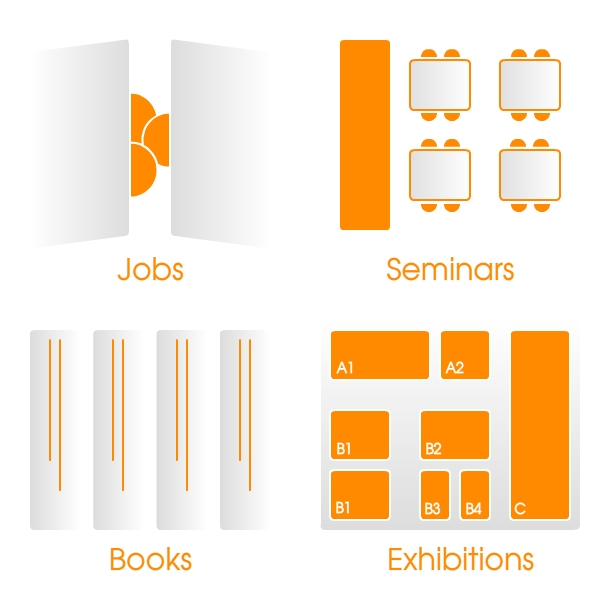
My first example will be about self-evaluation: as you know one of the successful practices in Finland is based on this method, while most of the countries still have inspection bodies.
At the end of the Nineties, a European project was launched in several European countries by the European Commission. This pilot project was called “evaluating quality in school education”. One of the tools was a practical guide to self-evaluation.
On the slide you can read all the aspects of school life, which have been examined by all the partners.
You will also receive the questionnaire, which was proposed to put into practice this self evaluation. I used it in my school three times: 2000, 2003, and 2006. Each time, about 50 representatives/delegates of students, parents, and teachers and 5 members of the leadership team had to answer the questions. Then we evaluated together the weaknesses and the strong points and prepared the school development plan for the following 3 years (the last one for 4 years).Among the numerous questions included in the questionnaire, you will discover some precise questions concerning the appreciation of the city involvement. The mayor of the city where my school is located paid attention to the results of this evaluation concerning the involvement of the municipality in the school too!
I would like to insist on the fact that not only input is determinating for the level of democracy at school but output / measure of results is much more relevant. There is often a gap between what we are deciding on the top and what comes out in the classroom!
These results have been taken into account by the staff of our school and some teachers then decided to do supervision by peers. So it is a good way to create a new culture at school and to promote teamwork.
The second example that I would like to mention is the seminar about “science education” that I organized last week in the French National College for School Inspection and School Leadership together with a French university professor, involved in teacher’s training. We invited three people from Finland: one researcher, one teacher and one schoohead and organized workshops about partnerships for schools and particularly with science centres.
If we consider that a majority of the European students spend just 200 days at school in a year and about 165 days outside the school, then, we are easily convinced that not only teaching is important, but much more informal learning through activities carried on by parents, cities, associations, science centres and other partners: the universities and private companies have to be considered as resources too. The way in which they are involved often depends on the decision of the local authorities. I mentioned this morning as Wolfgang Fladerer concluded “crucial are the teachers”the Bavarian experiment “Modus 21” , which I presented last year in Paris.
 Dans son livre : "Virage européen ou mirage républicain? Quel avenir voulons-nous?", Nelly Guet démontre la sclérose du système éducatif français et fait des propositions européennes.
Dans son livre : "Virage européen ou mirage républicain? Quel avenir voulons-nous?", Nelly Guet démontre la sclérose du système éducatif français et fait des propositions européennes.


